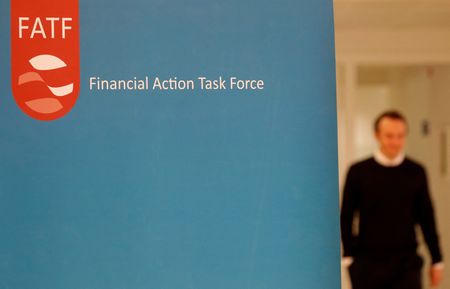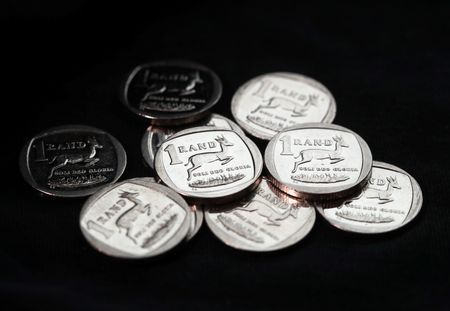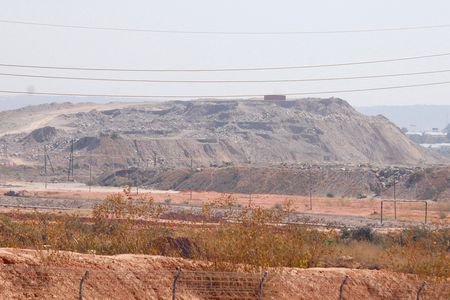By Colleen Goko, Sfundo Parakozov and Anathi Madubela
JOHANNESBURG (Reuters) -Sub-Saharan Africa’s largest economies, South Africa and Nigeria, have been removed from a global watchdog’s list of countries subject to increased monitoring for illicit money flows.
The Paris-based Financial Action Task Force (FATF) made the announcement at the end of a plenary meeting on Friday, also removing commodity-rich Mozambique and Burkina Faso from its ‘grey list’.
South Africa and Nigeria were added to the FATF’s list of countries under special scrutiny in 2023, while Mozambique has been there since 2022. Burkina Faso was added in 2021.
A POSITIVE STORY FOR AFRICA
The FATF said South Africa had sharpened tools to detect money laundering and terrorist financing, Nigeria had stronger inter-agency coordination, Mozambique had improved financial intelligence sharing and Burkina Faso had enhanced oversight of financial institutions and gatekeepers.
“With each plenary we seek to make the world’s defence against criminals stronger, and we have made a number of updates on our grey list,” Elisa de Anda Madrazo, president of the FATF, told a press conference. “And this plenary has been very positive, a positive story for the continent of Africa,” she said.
South Africa’s government said FATF’s decision was a major achievement but that there was still work to be done to strengthen key institutions. Nigeria said the decision reinforced confidence in its economy.
BOOSTING CAPITAL FLOWS, LOWERING FUNDING COSTS
Analysts say getting off the list could make it easier for capital to enter the four African countries. It could also benefit companies and households in those countries by lowering funding costs.
The International Monetary Fund has estimated that being on the list reduces foreign capital inflows by approximately 7.6% of gross domestic product.
“Corporates and individuals will face less friction in cross-border payments once key jurisdictions mirror the FATF decision,” said Vincent Gaudel, a financial crime compliance expert at LexisNexis Risk Solutions. “Banks will expand correspondent services, and trade-finance operations will run more smoothly.”
For South Africa, “the delisting provides a modest tailwind for sentiment and risk premia,” Bastian Teichgreeber, chief investment officer at Prescient Investment Management, said.
FATF WELCOMES IRAN ENGAGEMENT BUT SAYS MORE ACTION NEEDED
The FATF on Friday also published an updated statement on Iran, which has been on its “black list” since 2020 after a period on the grey list.
It acknowledged Iran’s re-engagement but said it had failed to address the majority of its action plan since 2016.
(Additional reporting by Elizabeth Howcroft and Kopano Gumbi;Editing by Alexander Winning and David Gregorio)










